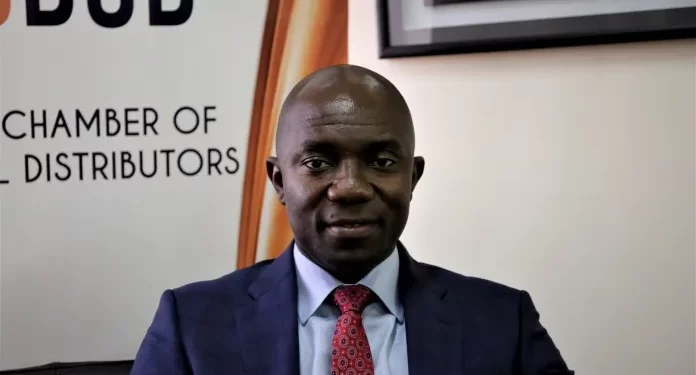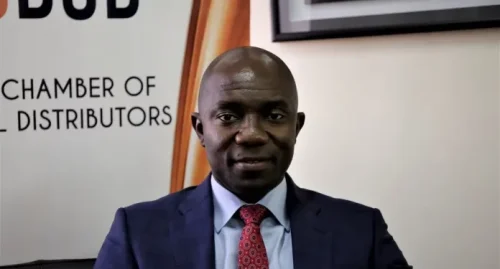GRA-SML deal: Govt already has robust systems to monitor petroleum revenue – CBOD CEO

The CEO of the Chamber of Bulk Oil Distributors, Dr. Patrick Ofori, has raised concerns about the resumption of Strategic Mobilisation Limited (SML) in the monitoring operations in Ghana’s Downstream Petroleum.
According to him, there are existing mechanisms that ensure that the government’s revenue from the downstream petroleum sector are monitored and mobilised effectively.
This comes after the Ghana Revenue Authority (GRA), and the Ministry of Energy, gave Strategic Mobilisation Limited (SML), the green light to resume its monitoring operations of the Downstream Petroleum sector effective June 14, 2024.
In a statement to SML, the revenue authority noted that the directive is in accordance with President Akufo-Addo’s directives on the KPMG report.
“We wish to inform you that Strategic Mobilisation Limited (SML) has been directed to resume its monitoring operations of the Downstream Petroleum sector with effect from 14th June 2024 in accordance with the Presidential Directives on the KPMG report.
“SML is expected to ensure that all systems are fully operational and compliant with the relevant standards and regulations to deliver accurate, reliable and timely monitoring services to support our revenue assurance.
“The Bulk Oil Distributors are to cooperate to ensure a successful resumption of the monitoring exercise.”
In an interview on Eyewitness News, Dr. Ofori noted that there are more than four mechanisms in the downstream sector that are being put in place to ensure the government is not shortchanged.
“When we talk about standardisation, and a system seeks to protect revenue assurance, I don’t think the mission of the NPA and that of the standard authorities would want to approve certain systems that shortchange government revenue generation; the Ghana Revenue Authority, with their mandate, would do that.
“Collectively, at the state level, they could have come together with one system that does not necessitate conflicts. Because, currently, we have more than four mechanisms that are being put in place to ensure the government is not shortchanged.
“The majority of it within the downstream is spearheaded by the National Petroleum Authority. We have the ERDMS, and the GRA has its own mechanism that we refer to as the ICUMS, which is the second one. We also have tracking systems that seek to ensure that there is classification and categorisation of the fuel so that the one that has any tax components knows the volume and the masses that have been transported.
“In addition to that, we also have the petroleum seal, which seeks to ensure that products that are being moved from the terminal through the BRVs are also protected and taken to the various filling stations to ensure that the government’s revenue is protected.
“If all these mechanisms do not assure the government of the required revenue that is expected of them, then there must be something going amiss, and that is where we need to interrogate further,” he stated.






